Technological innovation heralds an era of a future that we could only dream of before …
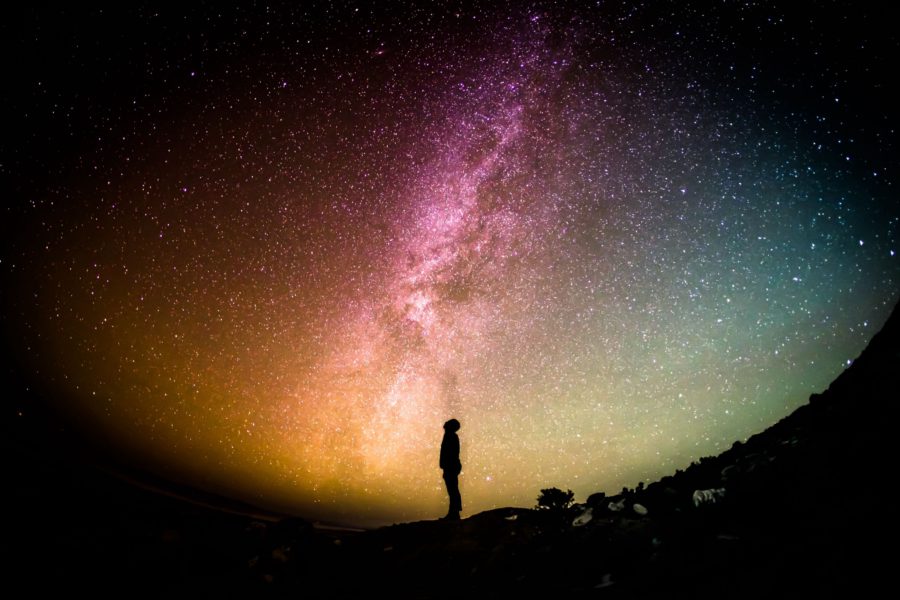
Original material, author – A.S. Deller
On February 6, 2018, Elon Musk's SpaceX project launched a Falcon Heavy rocket from the Kennedy Space Center. She delivered a Tesla Roadster into orbit, which is now orbiting the Sun somewhere between Mars and the asteroid belt.
If you have been in a coma since 1998 and woke up only yesterday, then looking at the numerous companies and personal projects of Elon Musk (SpaceX, Tesla, Solar City, Hyperloop, Boring Company), as well as the rapid innovations in VR / AR / MR, genetics , cloning, blockchain, artificial intelligence, 3D printing and other industries, you might think that instead of twenty years, you slept for a hundred years.
But when you go out into the street, you will see that almost everything has remained unchanged, except that there are more cars on the roads, more people. The latter, for the most part, carry miniature computers with them everywhere, which are more powerful than any stationary PC of the twentieth century.
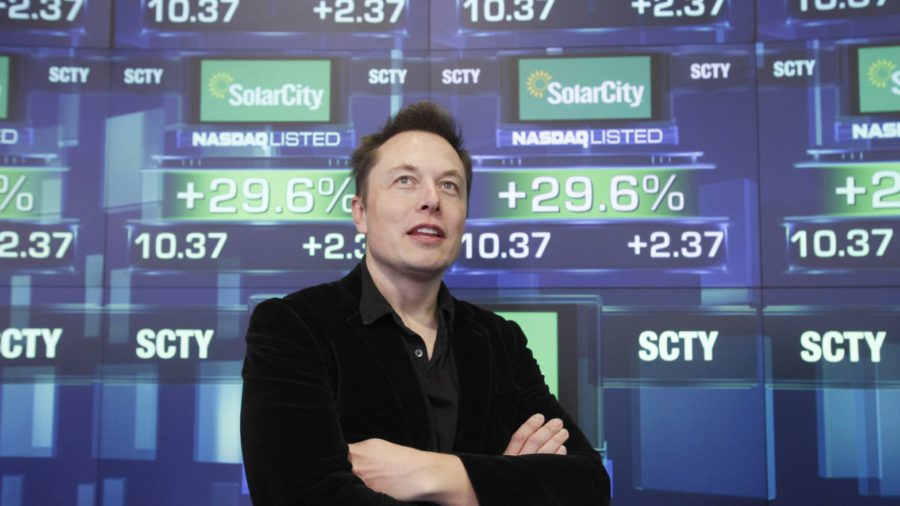
Elon Musk's grand plan
Born in racially segregated South Africa, Musk lived the first 16 years of his life in various cities, including Pretoria, alternately with divorced parents. He talked about being bullied at school and about the amount of violence he witnessed. He tried to stand up for those children who were bullied, which eventually caused him more pain. Musk found some 'refuge' in science fiction and the fantasy world in general, and the ideas he took from books defined his rise as a human.
He first moved to Canada to live with relatives, and then received a degree in economics and physics at the University of Pennsylvania. He then founded Zip2 with one of his brothers, Kimball Musk, and Greg Kourie, which was bought out for $ 340 million. He then co-founded X.com, which later became PayPal and sold to EBay in 2002 for $ 1.5 billion.
The wealthy Musk turned his gaze to his favorite science fiction with its futuristic innovations. And this is the direction in which his thoughts went.
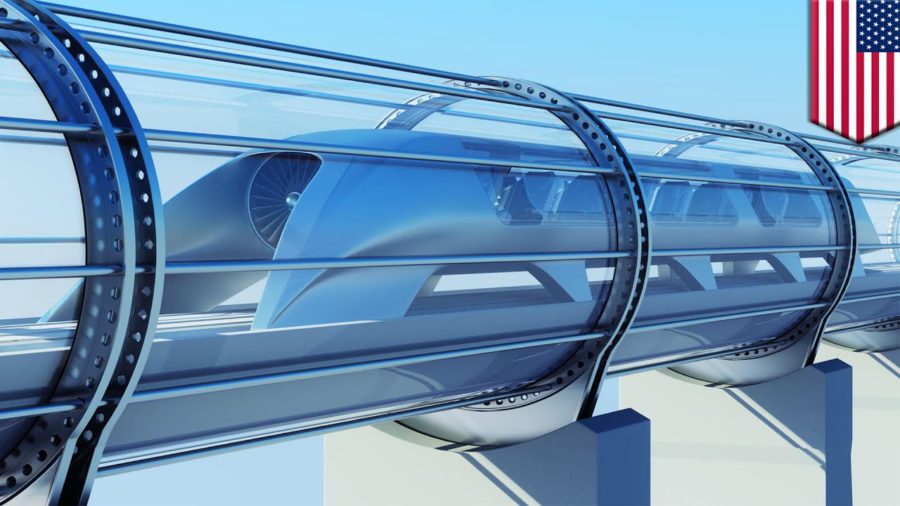
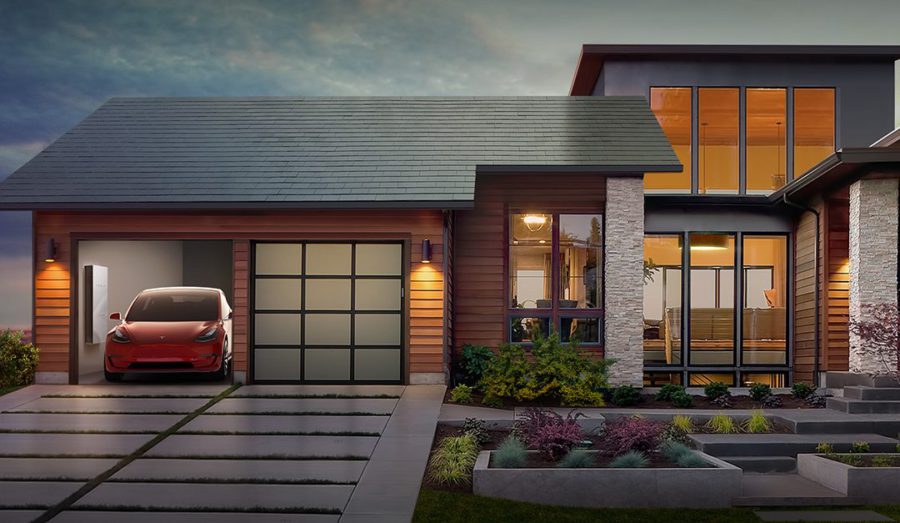
The environment has been poisoned for two centuries by the ever-increasing volume of fossil fuels burned, from coal to the peak of pollution, which was the boom in gasoline-powered cars in China. Musk approached the containment of this growth from several angles: he popularized electric cars by offering the market visually attractive, fuel-efficient and powerful Tesla cars, invested in a transition to solar energy (Solar City), provided open access to the concept of ultra-fast commuter train service in a tunnel with an electromagnetic vacuum. , also known as Hyperloop. The project is being helped by another Musk-invested startup, Boring Company, which is developing tunneling technology.
Since the beginning of time on Earth, there have been many local cases of extinction of living beings, but there were also those that destroyed 75-95% of life. It will happen again, and there is a good deal of probability that a major incident will wipe out most of humanity. For this reason, Elon Musk founded SpaceX, whose main goal is to transform humanity into an interplanetary species. This idea is supported by the reusable rockets he created, which allowed him to 'outrun' competitors in the struggle for leadership in the delivery of cargo into orbit. The plan is to establish a colony on Mars that will eventually become autonomous. In the long term, he expects to increase the human population of Mars to a million people by about 2070. In other words, Musk wants to save us in the here and now, as well as to do everything possible so that we stay in eternity.
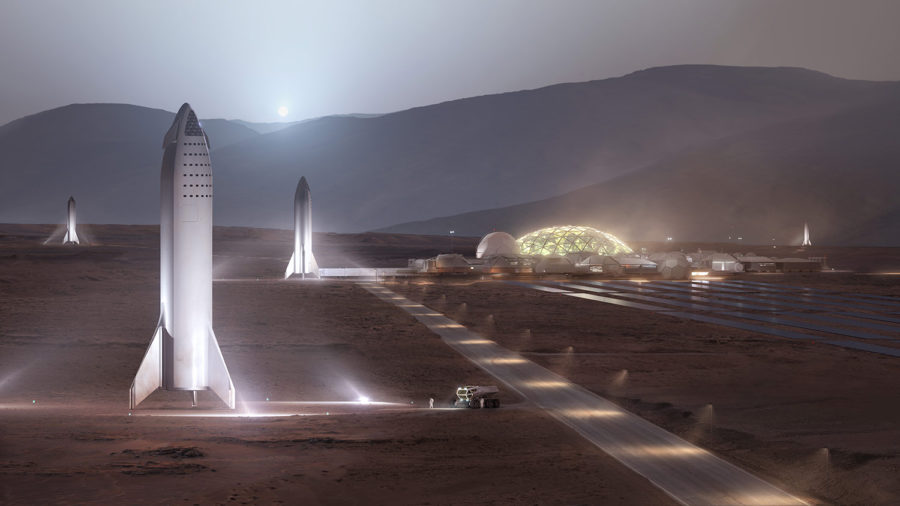
Colony on Mars
Well, ambitious and worthy of respect. There is nothing wrong with saving people. Doctors, soldiers and emergency responders do this all the time.
In general, our governments are not doing much to stop pollution or protect us from coming disasters. Yes, progress seems to be outlined, but mired in politics and bureaucratic delays, and projects aimed at the future are often nullified by one simple fact: our governments cannot protect us from rising sea levels and the influenza virus, let alone the threat of a collision with a huge asteroid.
So someone had to do it. These grandiose efforts have often centered on the resources of the very wealthy of humanity and have taken many forms. For example, the Bill & Melinda Gates Foundation focuses on the physical and psychological well-being of the youngest and poorest people. Kimbal Musk is using his fortune on a more modest scale in an attempt to help us, and especially our children, reconnect with a more natural, natural and organic food culture.
Hope is the biggest driving force and at the same time the main obstacle to progress.
Many who grew up in the early to mid-twentieth century believed that we would live in some magical land of sci-fi wonders. If it were possible to move a person, who was born on Earth in 1899, to a modern city, he would discover many familiar, but at the same time he would be fascinated by unprecedented pocket computers and trains from giant flying ships high overhead. This time traveler would likely have been mildly shocked to see evidence of a moon landing and how we reflect images directly from the surface of Mars.
Innovation in medicine alone is emerging at a breakneck pace:
- In 2016, a drone was used to deliver drugs to a remote part of Rwanda. This will become a ubiquitous scenario and will be a big push for disease cure in isolated regions around the world.
- 1,250,000 people with type 1 diabetes in the United States have received a ray of hope in the form of a new artificial organ, an implantable device that monitors blood sugar levels and delivers insulin to the blood. Over time, this device will become available to people with type 2 diabetes (mature diabetes) and to more than 200 million people around the world.
- Completely paralyzed people who do not have the physical ability to talk with a fully functioning brain – just like Stephen Hawking, who lived for a long time with amyotrophic lateral sclerosis and communicated through the keyboard text-to-speech system – will be able to think about what they want and convert thoughts into words.
Dreams and nightmares in our literature have always indicated the direction of our development. Today, echoes of the work of George Orwell, Isaac Asimov, Ayn Rand, Jules Verne, Ursula Kroeber Le Guin, Philip Kindred Dick, Phyllis Dorothy James, Arthur Charles Clarke and even Mary Shelley can be seen everywhere. If we take the things that are available, estimate the growing speed of science moving forward, and extrapolate all this to the near future, then we can easily believe that the Ray Kurzweil Singularity is not far off. As soon as the artificial superintelligence realizes itself, it will surpass us in everything and leave us far behind.
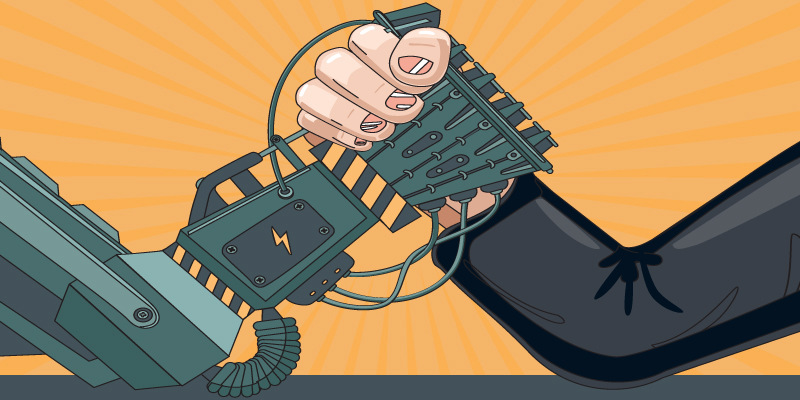
It is this AI that Elon Musk considers one of the possible catalysts for the potential extinction of the human race, so it is likely that in his plans to colonize Mars this settlement will be largely isolated from earthly civilizations. On the other hand, what kind of plan would it be if Musk, together with humans, delivered to Mars those risk factors that could predetermine our fate on this planet?
There is no light without darkness
By analogy with how our successes in nuclear fission have led both to the dire consequences of the creation and use of nuclear weapons and to the emergence of relatively clean electrical energy for millions of people, every significant innovation can be perceived as a source of the highest good and the highest evil. If we want to significantly accelerate the construction of infrastructure, then we must accept as fact the potential of using dynamite to kill hundreds of thousands of people. If we want safer and cheaper robotic jobs, we must deprive the market of millions of potential jobs. If we need the convenience of smartphones, then we must be prepared for negative consequences.
As Stephen Hawking has often said, the greatest threat to our existence comes from the technology we invent. Basically, as we move forward, we are quite likely to behave towards the end.
Newton's third law states that for every action there is always an equal and opposite reaction. And even if it was intended for physics, since then this expression has repeatedly found its reflection in our everyday life.
What does this mean in the context of Elon Musk's ambitions? Perhaps the division of the human race into two separate worlds will eventually lead to a kind of civil war of the scale of the solar system, as a result of which humanity will be destroyed by itself, and not because of a cosmic or planetary catastrophe? Or would a truly massive consumer shift to solar power and electric vehicles, for example, undermine the oil economy and lead to even greater war? Will we stick to innovation despite all the risks?
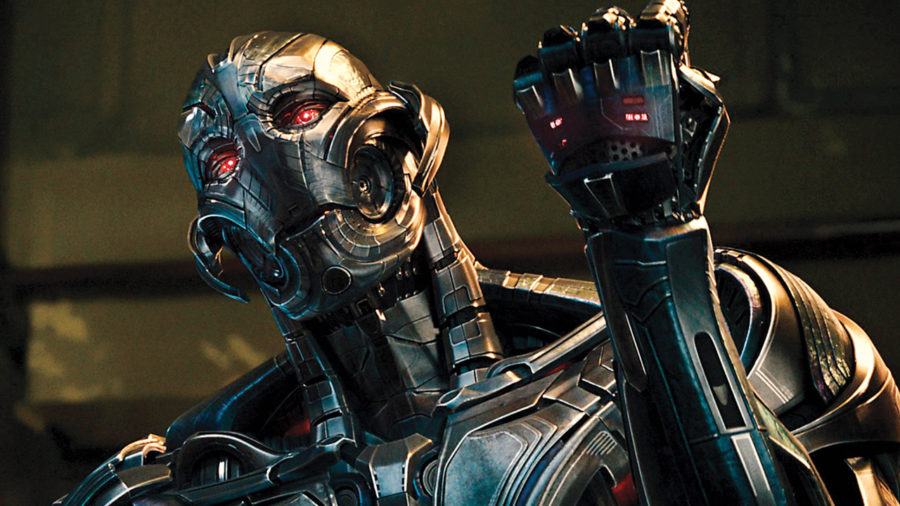
In retrospect, it’s highly likely that the purest intentions will produce something not good at all. But without these very intentions, our civilization would not have made any progress at all over the next 500 years.
If we remove from history all the major milestones of innovation since the time of the 'domestication' of fire, then we would be living on a completely different planet. 'We' wouldn't be here. Humanity would number a maximum of several million individuals living in bands and tribes on the plains and wooded river valleys along their banks.
We would have a calmer life as a species only because we did not dare to dream. Only dreaming, we discovered the existence of risks, but we continued this movement, because there is always something that we can improve, and the direction where we can go. Elon Musk and everyone who thinks like him understand these risks. In fact, they know that unpleasant things will happen, difficulties will arise due to their actions. But a choice has to be made between moving forward and stagnating. Such people choose to face the darkness so that we at least have a chance to see the light.
Original material, author – A.S. Deller
Everyone has their own attitude to what Musk is doing. Personally, such a topic is always interesting to me, apparently, at some stage, the subconscious is turned on, which has absorbed a number of classic works of science fiction literature since school. And in fact, it is extremely exciting to watch how the modern world develops, how seemingly incredible projects appear. Of course, I would not like to see the next successors of Theranos' case.
What about the described risks? Is humanity ready for them? It seems to me that at this stage, there is still no obvious reason for most to invest in a private starship, individual bomb shelter or San Junipero 'citizenship'. But this does not mean that inquiring minds should freeze their projects. On the contrary, there is time for trial and error, it is better to run everything in advance than to fail in a hypothetical emergency. Elon, don't let us down.
